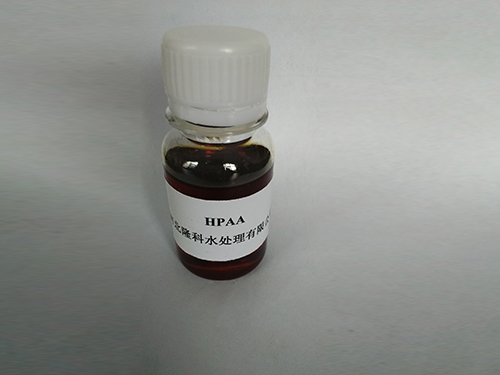partially hydrolysed polyacrylamide
Partially Hydrolysed Polyacrylamide A Versatile Polymer for Industrial Applications
Partially hydrolysed polyacrylamide (PHPA) is a water-soluble polymer that has gained significant attention across various industries due to its unique properties and versatility. Produced by the partial hydrolysis of polyacrylamide, this polymer retains some of the characteristics of its precursor while providing enhanced performance in environmental and industrial applications.
Chemical Structure and Properties
The chemical structure of partially hydrolysed polyacrylamide consists of a long chain of acrylamide monomers with a certain percentage of the amide groups converted to carboxylate groups through hydrolysis
. The degree of hydrolysis typically varies between 5% to 50%, allowing for adjustment of the polymer’s properties according to specific needs. This modification results in a product that is not only soluble in water but also exhibits excellent thickening, flocculating, and stabilizing properties.One notable characteristic of PHPA is its ability to form viscous solutions, which is crucial in applications where fluid dynamics play a key role. Additionally, the anionic nature of the polymer enhances its interaction with positively charged particles, making it especially effective in flocculation processes. This property is particularly beneficial in industries such as wastewater treatment, where PHPA can help aggregate suspended solids, facilitating their removal and improving effluent quality.
Applications
1. Oil and Gas Industry PHPA is extensively used in the oil and gas sector, particularly in drilling fluids and enhanced oil recovery processes. Its ability to increase the viscosity of drilling muds helps stabilize boreholes and transport cuttings to the surface. In enhanced oil recovery, PHPA improves the displacement of oil by increasing the viscosity of water injected into reservoirs, thereby enhancing overall recovery rates.
partially hydrolysed polyacrylamide

2. Water Treatment In municipal and industrial wastewater treatment, PHPA serves as an effective flocculant. It aids in the aggregation of colloidal particles, making it easier to separate solids from liquids. This process not only improves the efficiency of treatment systems but also reduces the environmental impact of wastewater disposal.
3. Agriculture Partially hydrolysed polyacrylamide is gaining popularity in agriculture as a soil conditioner and water retention agent. By improving soil structure and preventing erosion, PHPA helps retain moisture in arid regions, thus enhancing crop yield. Its use as a dispersant and stabilizer in fertilizers also promotes better nutrient uptake by plants.
4. Mining and Mineral Processing In the mining sector, PHPA is utilized as a flocculant in the processing of minerals, where it aids in the separation of valuable minerals from the ore. Its application enhances recovery rates and improves the purity of the extracted materials.
Environmental Considerations
As industries increasingly emphasize sustainability, PHPA stands out as an environmentally friendly option. Unlike many synthetic polymers, it is biodegradable and less toxic to aquatic life, making it a suitable choice for applications that require minimal environmental impact. However, it is essential to consider the extent of its biodegradability in different conditions to ensure that it does not accumulate in ecosystems.
Conclusion
Partially hydrolysed polyacrylamide is a multifunctional polymer that plays a vital role across various industries. Its unique properties make it an invaluable asset in oil and gas drilling, wastewater treatment, agriculture, and mining. As research and development continue to evolve, the potential applications of PHPA are likely to expand further, cementing its position as a crucial player in sustainable industrial practices. With its versatility and environmental benefits, PHPA represents a significant advancement in polymer technology, contributing to more efficient and eco-friendly solutions in several sectors.
-
Pbtc Scale InhibitorPBTC: A Scale Protector for Industrial Water TreatmentNewsAug.05,2025
-
Organic Phosphonate: An Efficient Defender in the Field of Scale InhibitionNewsAug.05,2025
-
Hydrolyzed Polymaleic Anhydride: Green Pioneer in Scale Inhibition FieldNewsAug.05,2025
-
PAPEMP Polyamino Polyether Methylene Phosphonic Acid For SaleNewsAug.05,2025
-
Flocculant Water Treatment: A Pioneer in Purification in the Field of Water TreatmentNewsAug.05,2025
-
Benzyl Isothiazolinone: An Efficient and Broad-Spectrum Antibacterial Protective GuardNewsAug.05,2025





